Men in a wilderness, uneasy interaction with the locals, a horse… German director Valeska Grisebach’s third feature Western certainly does not lack the staples of genre that her title suggests. But there’s a vulnerable heart to this tale of cross-cultural bonding, with accompanying ruminations about changing human landscapes and fate, that moves it far beyond the expected.
We first meet her protagonists, a group of German construction workers, at their dour backwater home base as they’re preparing for the next job, and sense something of the group’s dynamics. But the assignment ahead isn’t at home; instead they’re setting off as migrant workers – not in the sense we usually associate with that term, of course, a nice touch in itself – to work on a hydroelectric project in a remote region of Bulgaria. It’s no standard EU gravy-train scheme though, but hard work in the heat, and conditions and resources aren’t as expected.
There’s a degree of laconic comment, from both sides, that the last time there were Germans in these parts was 70 years ago
It’s a world, too, in which they are western, set diametrically apart from an east that has only recently emerged from basic Communism: “like time travel” is how one of the Germans describes it. They’re holed up in an isolated compound amid forests, surrounded by glorious mountainous scenery; provisions have been laid in, including a generous supply of beer, but from the moment someone hoists a German flag over the place, we sense that these journeymen haven’t majored in multiculturalism. There are initial hints at concealed threat – “they see us, but we can’t see them” – that comes somehow from the locality itself, then an incident at the river where the group’s boorish foreman Vincent (Reinhardt Wetrek) commits a faux pas with some local women establishes a further negative accent.
Grisebach has already set up her main character, the older, grizzled and mustachioed Meinhard (Meinhard Neumann), as the loner in the group, with an accompanying tension between him and his boss. He’s the first to venture into the local village, riding a white horse he has found grazing wild, an unlikely cowboy to fulfil the mission of the genre. His sad eyes speak more than words, which is just as well because communication with the locals – some are open, others initially hostile – is mostly by gesture, monosyllabic at best; there’s a degree of laconic comment, from both sides, that the last time there were Germans in these parts was 70 years ago.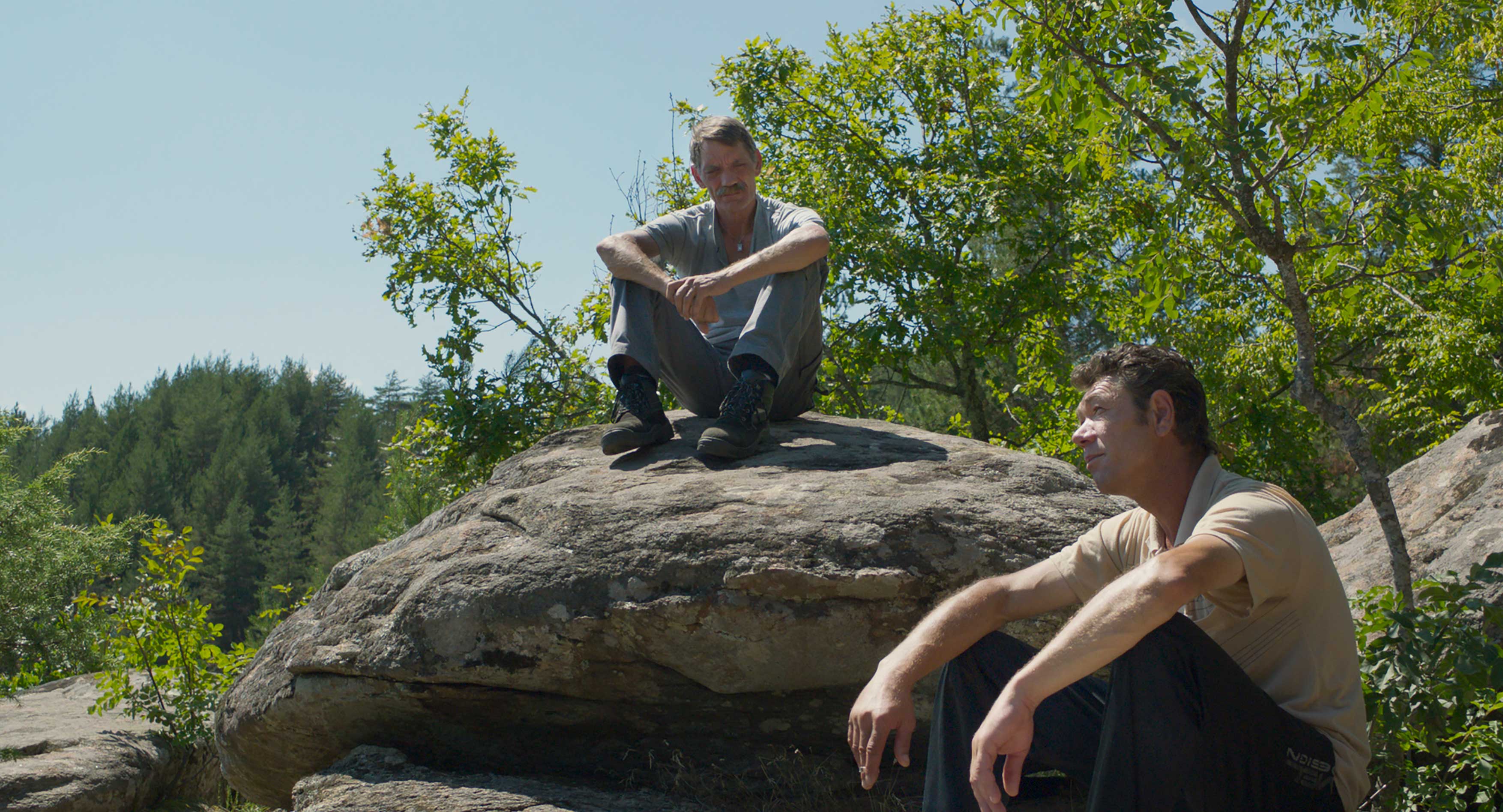 A sense of slow bonding develops between Meinhard and the villagers – he’s an unintrusive presence as they get on with their lives, and their instinctive openness resurfaces – and a particular close link develops between him and the boss of the local quarry, the effective village headman, Adrian (Syuleyman Alilov Letifov: pictured above, with Meinhard Neumann). There’s a degree of conflict too, clearly necessary for dramatic purposes, not least because the water supply doesn’t allow for watering local crops if the outsiders take it to mix their concrete, as well as much more affecting intersections of fate.
A sense of slow bonding develops between Meinhard and the villagers – he’s an unintrusive presence as they get on with their lives, and their instinctive openness resurfaces – and a particular close link develops between him and the boss of the local quarry, the effective village headman, Adrian (Syuleyman Alilov Letifov: pictured above, with Meinhard Neumann). There’s a degree of conflict too, clearly necessary for dramatic purposes, not least because the water supply doesn’t allow for watering local crops if the outsiders take it to mix their concrete, as well as much more affecting intersections of fate.
Just occasionally some such elements feel a very small bit formulaic, but Western’s heart is absolutely true: Grisebach avoids sentimentalising such growing contacts between locals and incomers. And these two worlds aren’t so remote, after all: if the village looks empty, it’s because the young are working abroad – in Germany, Britain or the US – while linguistic contact comes through those who have returned from such sojourns. The melancholy of Meinhard, his emotions expressed so powerfully by facial intonations, hints that he even might find a greater rootedness here than whatever tenuous links attach him to life in Germany, but again that’s underplayed: Grisebach is far too subtle.
It would be so easy to say that Neumann gives a performance of remarkable, quiet power and searing mournfulness, except that – as a non-professional, like all of Grisebach’s cast – he can hardly be said to be giving a performance at all. The director works extensively with improvisation, both with her own development of story and the elements of script she gives her actors in advance. We can only guess at how such levels of total immersion, particularly from her Bulgarian cast, were achieved, as well as at the investments of time and empathy involved from all sides. The effort is repaid on every level, its slow contemplation of life in a particular small corner of the world speaking far beyond such modest boundaries, and connections established across languages and cultures. Western is a film with a very special cadence indeed.
Overleaf: watch the trailer for Western
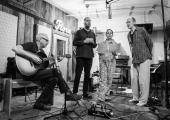

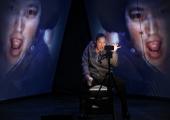




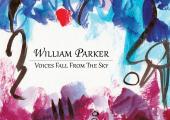

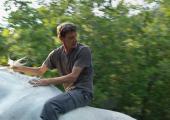
 A sense of slow bonding develops between Meinhard and the villagers – he’s an unintrusive presence as they get on with their lives, and their instinctive openness resurfaces – and a particular close link develops between him and the boss of the local quarry, the effective village headman, Adrian (Syuleyman Alilov Letifov: pictured above, with Meinhard Neumann). There’s a degree of conflict too, clearly necessary for dramatic purposes, not least because the water supply doesn’t allow for watering local crops if the outsiders take it to mix their concrete, as well as much more affecting intersections of fate.
A sense of slow bonding develops between Meinhard and the villagers – he’s an unintrusive presence as they get on with their lives, and their instinctive openness resurfaces – and a particular close link develops between him and the boss of the local quarry, the effective village headman, Adrian (Syuleyman Alilov Letifov: pictured above, with Meinhard Neumann). There’s a degree of conflict too, clearly necessary for dramatic purposes, not least because the water supply doesn’t allow for watering local crops if the outsiders take it to mix their concrete, as well as much more affecting intersections of fate.